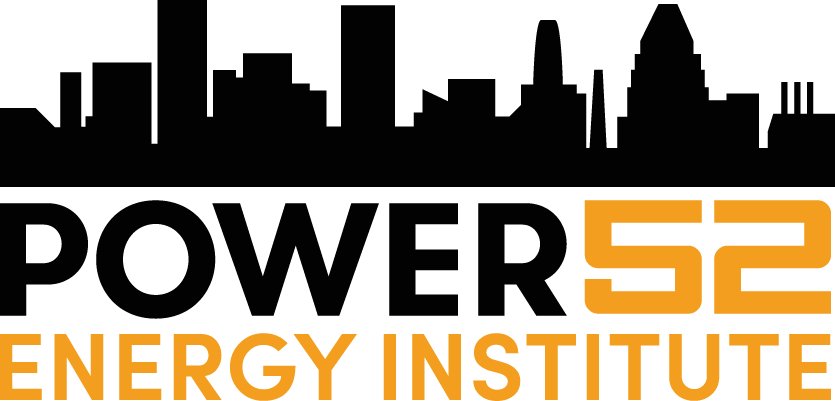
 NEWS RELEASE
NEWS RELEASE
Media Contact:
Marlon Bonner Jr. Howard Community College Website
Community Relations Manager Power52 Foundation Website
pj@power52.org
410-777-9677
COLUMBIA, MD – Howard Community College (HCC) proudly announces a new articulation agreement with the Power52 Foundation, co-founded by visionary Cherie Brooks and NFL Hall of Famer Ray Lewis. The agreement enables students who have completed Power52’s Energy Professional Training Program and Solar Curriculum to transfer to the HCC Skilled Building Trades associate degree (A.A.S.) program.
“This promising future for our students is part of our goal for workforce development as an anti-poverty, anti-racism catalyst for success among all Howard County residents,” said HCC President, Dr. Daria J. Willis. “We know that Solar Photovoltaic installation is among the fastest-growing trade careers, and we are excited to offer our students this opportunity to earn high-paying wages with job security and long-term growth potential through this innovative agreement.”
Power52’s Energy Professional Training Program includes 320 clock hours of classroom instruction and hands-on, real-world simulated lab hours. The curriculum covers the basic concepts of Solar Photovoltaic (PV) systems and their components. As outlined in the agreement, the specific credit allocation will be based on the extent of each student’s Power52 training program.
HCC will soon break ground on a new, campus-based workforce development and trades center. The trades center will be the first of its kind in the county, offer a training curriculum for skilled building trades, and directly address a growing statewide shortage of skilled workers in trades and technical fields.
“We are thrilled to partner with Howard Community College to create a transformative pathway for our graduates,” said Cherie Brooks, President & CEO of Power52 Foundation. “This agreement not only strengthens our commitment to sustainable energy but also empowers individuals with the skills and education necessary to secure higher-paying careers in the growing field of solar energy and contribute to the resilience and prosperity of our communities.”
The first clean energy private career school specializing in Solar PV installation to be approved by the Maryland Higher Education Commission and accredited by the National Center for Construction, Education & Research (NCCER), Power52 is dedicated to a long-term community development strategy designed to break the cycles of poverty, unemployment, under-employment, and incarceration in urban communities while simultaneously advancing community resilience through sustainable energy.
Howard Community College was recently named among the nation’s top two-year colleges by Niche, an online college selection and data resource for families. HCC ranked #92 among all two-year institutions and the top community college in the Baltimore metropolitan area. HCC enrolls nearly 22,000 credit and non-credit students of all ages from more than 104 countries and yields more than $343 million in economic impact as one of Howard County’s largest employers.
ABOUT POWER52 FOUNDATION
Power52 Foundation is a Maryland-based 501(c)3 nonprofit that disrupts the cycle of poverty by meeting individuals where they are and giving them mentoring and a skillset for a more resilient lifestyle. POWER52 provides career training and job placement opportunities in the field of renewable energy, bringing forth equitable opportunities and inclusion to a highly underrepresented demographic and population while simultaneously being a voice and advocate for diversity, equity, and inclusion in the clean energy sector. Like @power52official on Facebook and follow us on Twitter, Instagram, YouTube and LinkedIn. Text the word POWER to (877) 788-5252 to stay updated on future events. For more information about Power52 Foundation, visit https://www.power52.org
ABOUT HCC
Since 1970, Howard Community College (HCC) has been a preferred college choice for students and families in Howard County, Maryland. A public community college, HCC offers associate degree and certificate programs, as well as workforce development training and continuing education classes, to nearly 22,000 credit and noncredit students each year. HCC received the 2019 Malcolm Baldrige National Quality Award, the nation’s only presidential-level honor for performance excellence in organizations.
# # #



